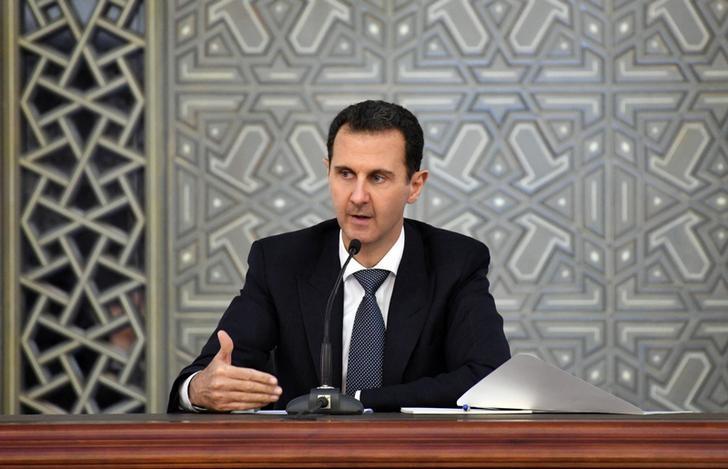WASHINGTON–The Syrian government may be developing new types of chemical weapons, and U.S. President Donald Trump is prepared to consider further military action if necessary to deter chemical attacks, senior U.S. officials said on Thursday.
State Department spokeswoman Heather Nauert said the United States is “extremely concerned” about reports that Syrian forces had carried out another chlorine gas attack this week in the eastern Ghouta area.





